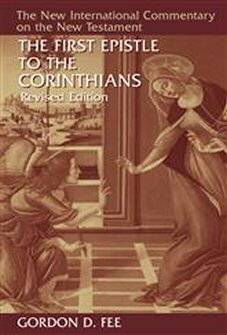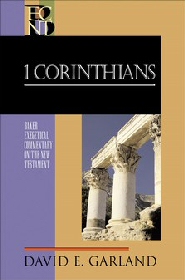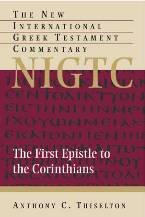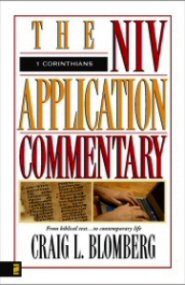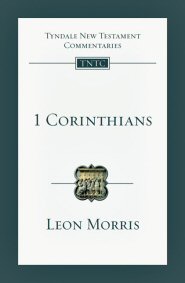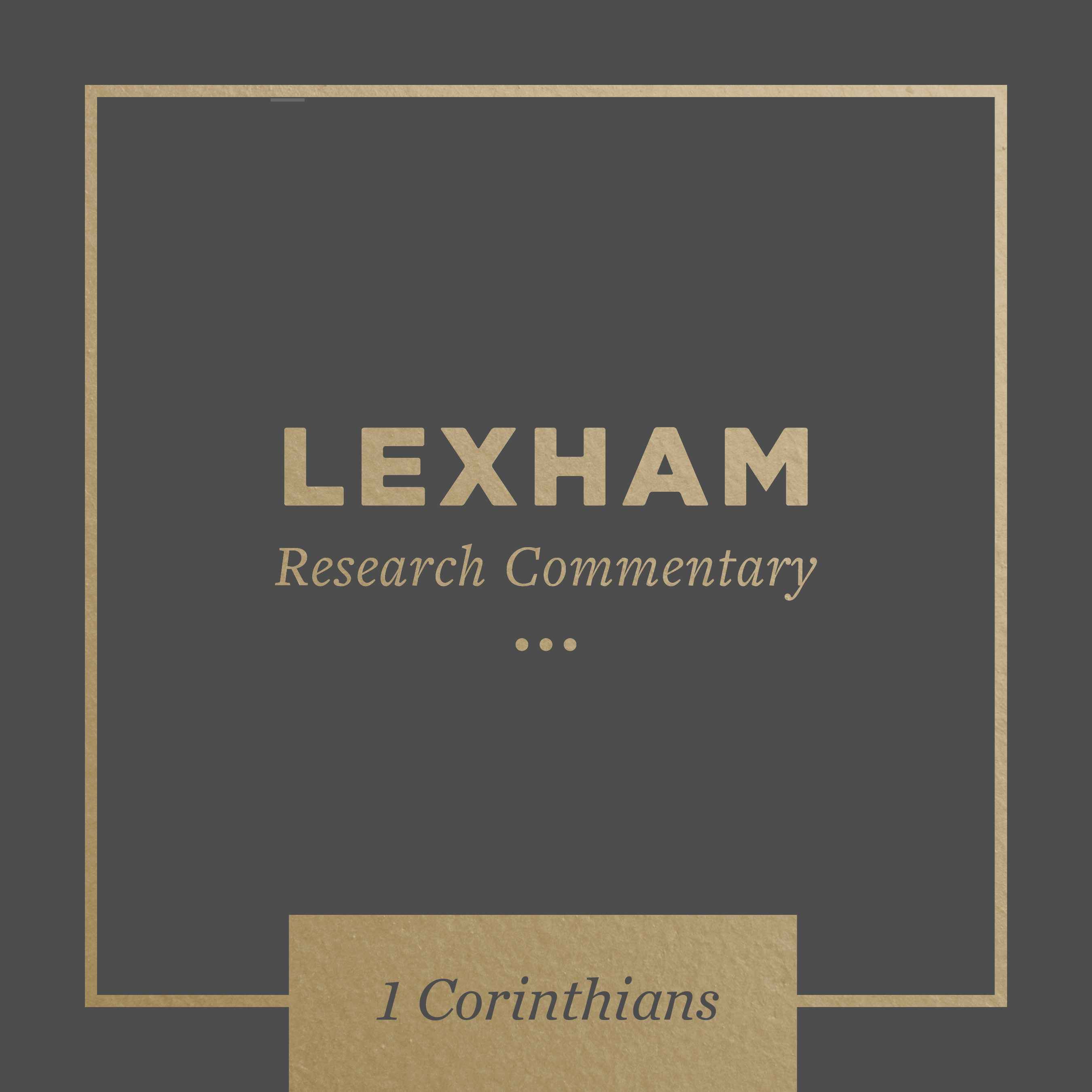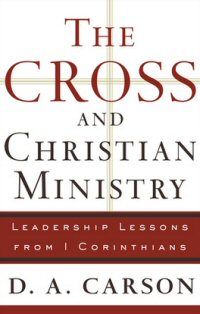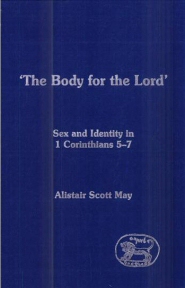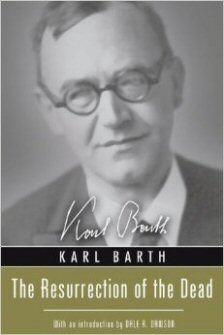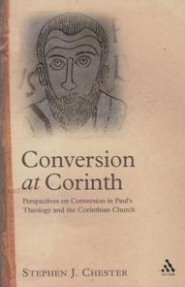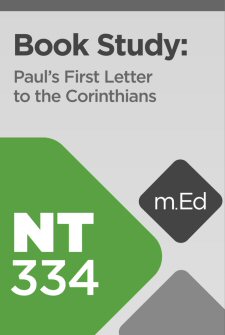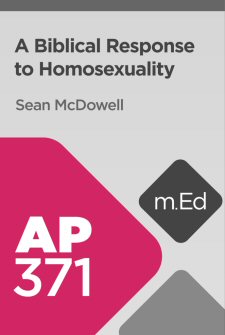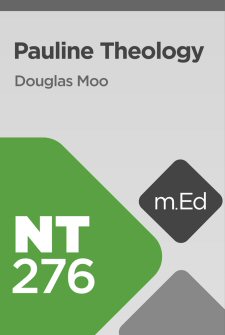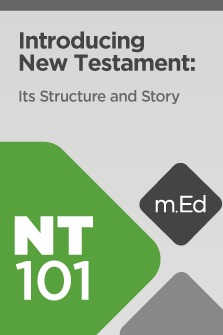1-2 Corinthians
Planning for an expositional sermon series on a book of the Bible typically involves hours of reading and studying the Bible and other resources before fleshing everything out. Often, preachers amass a small library for each book of the Bible they preach on. The 1–2 Corinthians Expository Preaching Kit (L) does this for you. It curates the best Bible study materials (commentaries, Bible dictionaries, and expositional books) on the books of 1–2 Corinthians along with the Bible study tools you need to streamline your sermon prep and presentation—all at an affordable price. The 1–2 Corinthians Expository Preaching Kit (L) includes everything in 1–2 Corinthians Expository Preaching Kit (S) and 1–2 Corinthians Expository Preaching Kit (M), plus resources like First Corinthians (Interpretation: A Bible Commentary for Teaching and Preaching); Interpretation: A Bible Commentary for Teaching and Preaching Second Corinthians; Commentaries on Romans, 1-2 Corinthians, and Hebrews...
Small
Medium
Large
